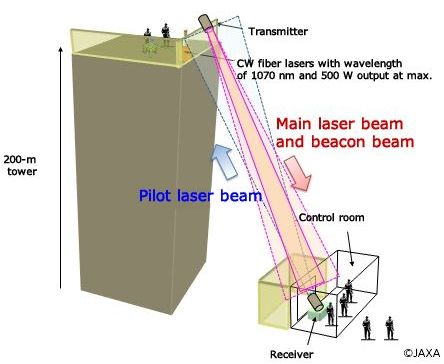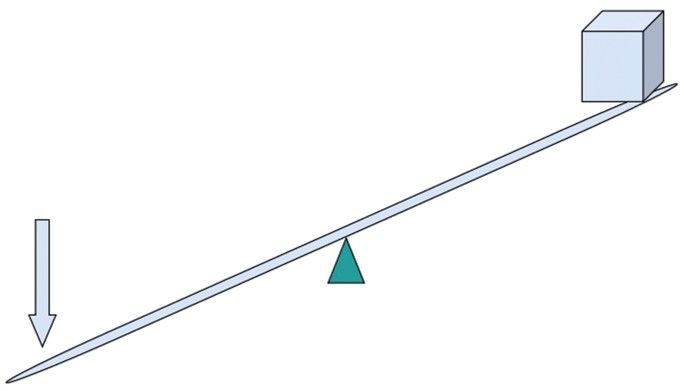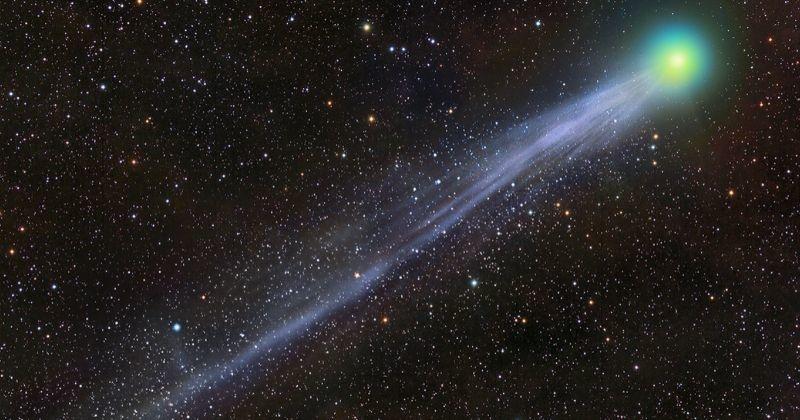WASHINGTON — The Federal Communications Commission will allow SpaceX to launch 10 Starlink satellites into polar orbit on an upcoming mission, but deferred a decision on a much broader modification of SpaceX’s license.
In an order published Jan. 8, the FCC granted SpaceX permission to launch 10 Starlink satellites into a 560-kilometer orbit with an inclination of 97.6 degrees. Those satellites will launch on a Falcon 9 no earlier than Jan. 14 as part of Transporter-1, a dedicated smallsat rideshare mission.
SpaceX had been lobbying the FCC for weeks for permission to launch Starlink satellites into a polar orbital plane as the FCC considers a modification of the company’s license to lower the orbits of satellites originally authorized for higher altitudes. That included a Nov. 17 request to launch 58 satellites into a single polar orbital plane, citing “an opportunity for a polar launch in December” that it did not identify.







